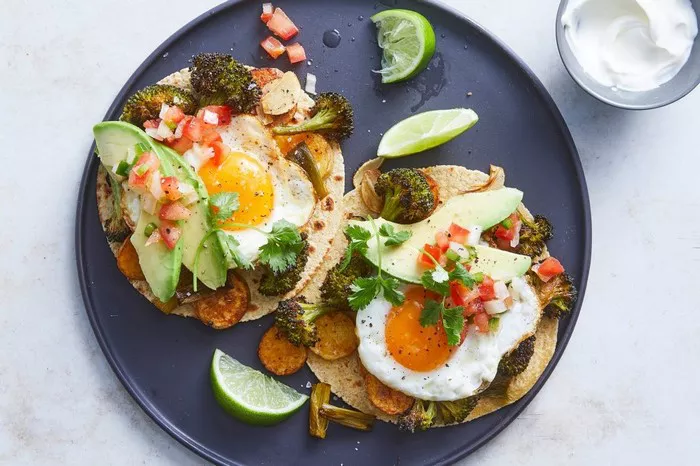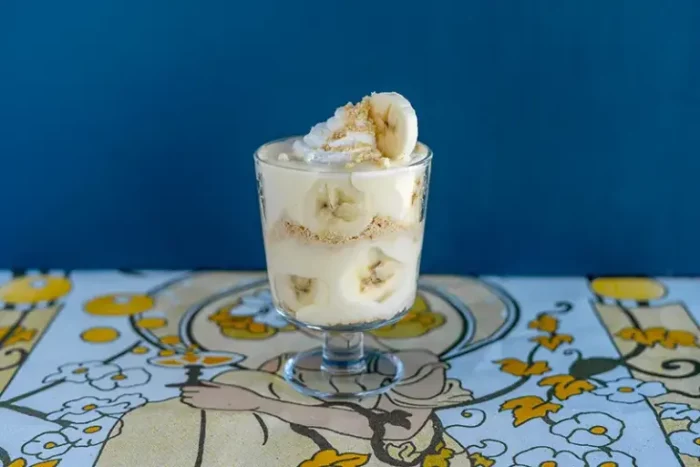Our hair is not just a crowning glory but also a reflection of our overall health. Many factors contribute to healthy hair growth, and one of the most crucial elements is our diet, specifically the intake of protein. Protein is the building block of our body, including our hair, which is primarily made up of a protein called keratin. Ensuring an adequate supply of the right kinds of protein foods can make a significant difference in the strength, thickness, and growth rate of our hair. In this extensive essay, we’ll explore in-depth what makes protein essential for hair growth, the different types of protein-rich foods available, how they work to nourish our hair follicles, and how to incorporate them effectively into our daily diet for optimal hair health.
Lean Meats
Chicken: Chicken is a popular and widely available source of lean protein. A 3-ounce serving of skinless chicken breast contains approximately 26 grams of protein. It is rich in essential amino acids, which are the individual building blocks that the body uses to make proteins like keratin. Chicken also provides other nutrients that are beneficial for hair health, such as B vitamins, including niacin (B3) and biotin (B7). Niacin helps improve blood circulation to the scalp, which is crucial for delivering oxygen and nutrients to the hair follicles. Biotin, often referred to as the “hair growth vitamin,” plays a key role in the metabolism of amino acids and is involved in the production of keratin. You can incorporate chicken into your diet in numerous ways, such as grilled chicken salads, baked chicken with a side of vegetables, or in sandwiches on whole wheat bread.
Turkey: Turkey is another excellent lean meat option for promoting hair growth. Similar to chicken, the breast meat is particularly low in fat and high in protein, with a 3-ounce serving containing around 25 grams of protein. It is also a good source of iron, which is essential for carrying oxygen to the cells in the body, including those in the hair follicles. Without sufficient iron, the hair follicles may not receive the oxygen they need to support healthy hair growth, leading to hair that appears dull and lifeless. You can enjoy turkey in roasted form as a main dish, in sandwiches, or added to soups and stews for an extra protein boost.
Lean Beef: Lean cuts of beef, such as sirloin or tenderloin, are rich in protein and contain important nutrients for hair health. A 3-ounce serving of lean beef can provide about 22 grams of protein. Beef is a good source of zinc, which is involved in many enzymatic reactions in the body, including those related to protein synthesis and the maintenance of healthy hair follicles. Zinc deficiency has been associated with hair loss and poor hair quality, so including lean beef in moderation in your diet can help ensure you’re getting an adequate supply of this essential mineral. However, it’s important to choose lean cuts to avoid excessive saturated fat intake, which can have negative impacts on overall health. You can grill, broil, or pan-fry lean beef and serve it with a side of leafy greens and whole grains for a balanced meal.
Fish
Salmon: Salmon is a nutritional powerhouse when it comes to hair health. It is rich in high-quality protein, with a 3-ounce serving containing around 22 grams of protein. In addition to protein, salmon is renowned for its omega-3 fatty acids, specifically eicosapentaenoic acid (EPA) and docosahexaenoic acid (DHA). These fatty acids have multiple benefits for the scalp and hair. They help reduce inflammation in the scalp, which can sometimes disrupt the hair growth cycle and lead to hair loss. The healthy fats in salmon also contribute to a moisturized and shiny appearance of the hair by improving the lipid barrier of the hair shaft. You can incorporate salmon into your diet by baking it, grilling it, or having it in sushi. Pair it with a side of brown rice and steamed vegetables for a complete and hair-healthy meal.
Tuna: Tuna is another fish that is both a great source of protein and beneficial for hair growth. A 3-ounce serving of canned tuna in water can provide about 20 grams of protein. Tuna is also rich in vitamin B12, which is essential for the proper functioning of the nervous system and the production of red blood cells. Adequate red blood cell production ensures that oxygen is efficiently transported to the hair follicles. Tuna can be easily added to salads, sandwiches, or pasta dishes, making it a convenient option for getting a protein boost while supporting your hair health.
Sardines: Sardines are often overlooked but are an excellent choice for promoting hair growth. They are packed with protein, with a small can containing around 23 grams of protein. Sardines are also rich in calcium, which is important for maintaining healthy hair follicles and promoting strong hair. The combination of protein and calcium in sardines helps support the structural integrity of the hair and can contribute to its overall strength and resilience. You can eat sardines straight from the can, add them to a salad, or use them to make a spread for whole wheat toast.
Milk
Protein and Nutrient Content: Milk is a good source of protein, with a cup of skim milk containing about 8 grams of protein. It also provides calcium, which is essential for maintaining healthy hair follicles and promoting strong hair. Calcium is involved in many cellular processes in the body, including those related to the structure and function of the hair follicles. Additionally, milk contains other vitamins and minerals like vitamin A, vitamin D, and phosphorus, all of which play roles in hair health. For example, vitamin D helps regulate the hair growth cycle, and phosphorus is important for the proper functioning of cells in the hair follicles.
Incorporating into the Diet: You can drink milk on its own, use it in cereal, or add it to smoothies for an easy way to increase your protein and nutrient intake. Opting for skim or low-fat milk is a better choice for overall health as it reduces saturated fat intake while still providing the essential nutrients for hair growth.
Yogurt
Protein and Probiotics: Low-fat yogurt is rich in protein, with a cup containing around 10 grams of protein depending on the brand and type. It also contains probiotics, which are beneficial bacteria that can improve gut health. A healthy gut is crucial for proper nutrient absorption, and when the body can absorb nutrients effectively, it can better support hair growth. The protein in yogurt helps with satiety and provides the necessary building blocks for keratin synthesis.
Variety and Consumption: You can enjoy yogurt plain, with added fruits and nuts for extra flavor and nutrition, or use it as a base for making healthy dips or dressings. Greek yogurt, in particular, is a great option as it is higher in protein compared to regular yogurt and has a thicker texture, making it more versatile in cooking and meal preparation.
Cheese
Protein and Calcium: Cheese is a good source of protein, although the amount varies depending on the type. For example, a slice of cheddar cheese contains about 7 grams of protein. It is also rich in calcium, which, as mentioned earlier, is important for hair follicle health. However, it’s important to choose low-fat or reduced-fat varieties when possible to avoid excessive saturated fat intake.
Incorporating into Meals: Cheese can be added to salads, sandwiches, or used as a topping on whole wheat pasta dishes. Just be mindful of portion sizes to keep your saturated fat intake in check while still reaping the benefits of its protein and calcium content for hair growth.
Conclusion
In conclusion, the best protein food for hair growth is a diet that includes a variety of high-quality protein sources that provide the essential amino acids necessary for hair follicle health and growth. Key protein-rich foods that promote hair growth include eggs, fatty fish like salmon, lean meats, legumes, nuts, and seeds.
Related Topics:






















